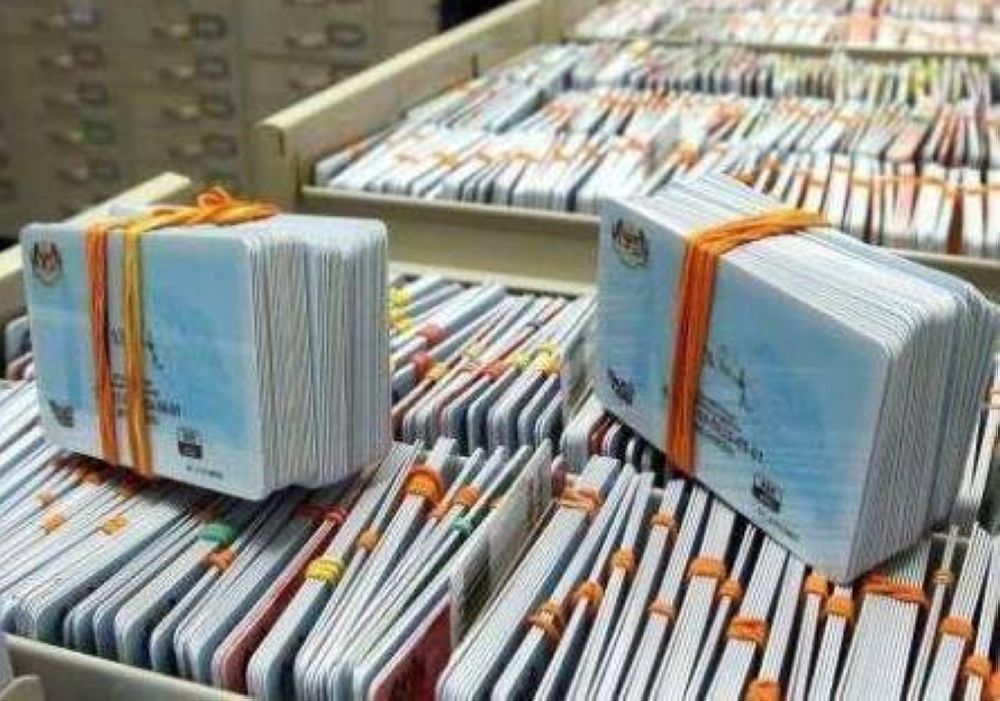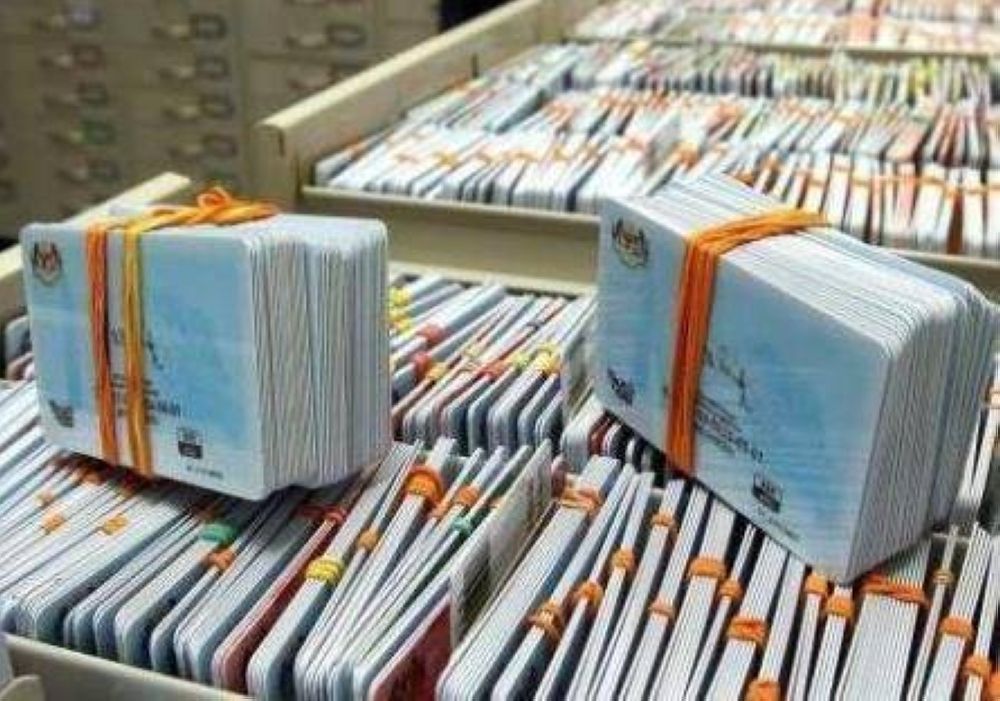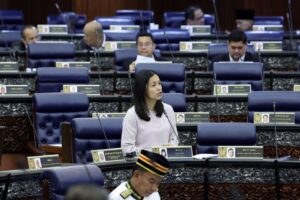
KUALA LUMPUR: A total of 1,377 arrests related to the misuse of identity cards (ICs), identity theft, and the sale of ICs were reported between 2021 and October 31, 2025, according to the National Registration Department (JPN).
Home Minister Datuk Seri Saifuddin Nasution Ismail said out of the total, 843 cases were prosecuted under the National Registration Regulations 1990, while 525 cases were charged under the Births and Deaths Registration Act 1957 (Act 299). Another nine cases did not lead to prosecution.
He stated that JPN had conducted 3,418 enforcement operations in collaboration with other agencies over the same period to curb offences involving the misuse of identity cards and birth certificates.
“Of these, 338 cases were directly related to IC misuse under Regulation 25(1)(e) — with 232 involving fake identity cards and 106 cases involving the use of another person’s IC,” he said in a written reply to Wangsa Maju MP Zahir Hassan (PH) on Wednesday (Nov 12).
He added that 172 of those cases involved Filipino nationals, 132 involved Indonesians, while 34 were from other countries. Some of the offenders have already been charged and sentenced, while the rest are still under investigation.
On preventive measures, Saifuddin said the ministry, through JPN, had introduced a comprehensive approach that includes enforcement, prevention and public awareness initiatives to protect citizens’ identity data.
A special JPN task force has been established to detect and dismantle syndicates involved in the sale of identity cards, while regular integrated audits and surprise checks are conducted to ensure compliance with procedures.
He said JPN also runs continuous awareness campaigns to remind the public of the importance of safeguarding personal identification documents.
“The public can lodge complaints through the JPN hotline or the Home Ministry’s online portal to ensure quick action against any misuse,” he said.
Saifuddin also reminded Malaysians to play their part in protecting official documents such as identity cards and birth certificates to prevent abuse that could threaten national security.
“The ministry remains committed to improving the integrity and security of the registration system through stronger enforcement, use of technology and public education,” he added.






